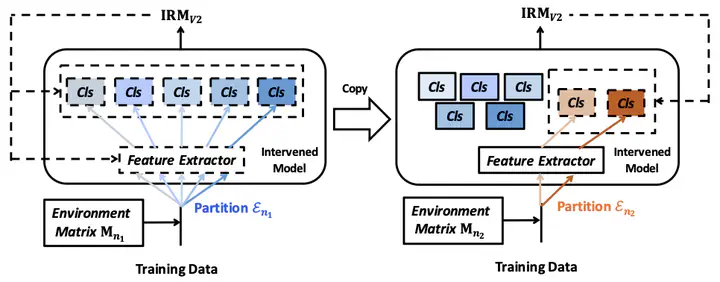Interventional Training for Out-Of-Distribution Natural Language Understanding

Abstract
Out-of-distribution (OOD) settings are used to measure a model’s performance when the distribution of the test data is different from that of the training data. NLU models are known to suffer in OOD settings. We study this issue from the perspective of causality, which sees confounding bias as the reason for models to learn spurious correlations. While a common solution is to perform intervention, existing methods handle only known and single confounder, but in many NLU tasks the confounders can be both unknown and multifactorial. In this paper, we propose a novel interventional training method called Bottom-up Automatic Intervention (BAI) that performs multi-granular intervention with identified multifactorial confounders. Our experiments on three NLU tasks, namely, natural language inference, fact verification and paraphrase identification, show the effectiveness of BAI for tackling different OOD settings.